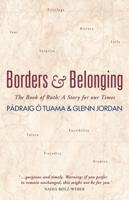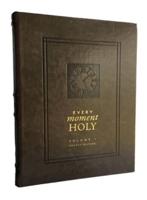Publisher's Synopsis
In many ways, the Old Testament book of Daniel is an enigma. It consists of two different kinds of material: stories about Judean exiles working in the court of pagan kings (chapters 1-6) and accounts of visions experienced by one of these exiles (chapters 7-12).
It is written in two languages, Hebrew and Aramaic, and the language division does not match the subject division. Whether the book's affinities lie more with the Hebrew prophets or with later Jewish apocalypses is debated, as are its affinities with the wisdom traditions of both Israel and Babylon.
Refreshingly, Enest Lucas postpones much of the discussion of such issues to an Epilogue, and invites the reader to an investigation of the meaning of the text in the form in which we now have it. He identifies the central theme of the book as the sovereignty of the God of Israel. With even-handedness and clarity, Lucas demonstrates that, for preachers and teachers, there is much in Daniel that is fairly readily understandable and applicable, and that there are also theological depths that are rewarding for those willing to plumb them and wrestle with the issues they raise.
The Apollos Old Testament Commentary aims to take with equal seriousness the divine and human aspects of Scripture. It expounds the books of the Old Testament in a scholarly manner, accessible to non-experts, and it shows the relevance of the Old Testament to modern readers. Written by an international team of scholars, these commentaries are intended to serve the needs of those who preach from the Old Testament, as well as scholars and all serious students of the Bible.










